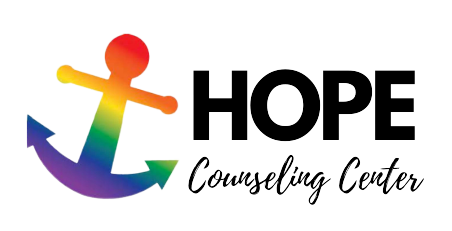Seeking therapy is a courageous step toward improving one’s mental well-being. When engaging in therapy, the relationship between the client and therapist plays a pivotal role in the success of the therapeutic journey. Beyond the techniques and modalities employed, the quality of the connection between the two individuals can profoundly impact the therapeutic progress. In this blog post, we will explore why having a good connection with your therapist is crucial for achieving positive outcomes in therapy.
Trust and Safety: A strong therapist-client connection establishes a foundation of trust and safety. It is essential for clients to feel comfortable and secure when sharing their thoughts, emotions, and vulnerabilities. When a client feels accepted, validated, and respected by their therapist, they are more likely to open up and explore deeply personal topics. Trust allows for the development of a genuine therapeutic alliance, enabling the client to express their innermost concerns without fear of judgment or rejection.
Enhanced Communication: Effective communication is at the core of any successful therapeutic relationship. When a client feels connected to their therapist, communication flows more naturally. A good connection facilitates open dialogue, enabling the client to articulate their thoughts and emotions with clarity. The therapist, in turn, can provide empathetic and insightful responses, fostering a deeper understanding of the client’s experiences. This enhanced communication helps to uncover underlying issues and develop tailored treatment strategies.
Emotional Support: Therapy often involves exploring challenging emotions and experiences. Having a strong connection with a therapist provides clients with a supportive presence during these difficult times. The therapist acts as a compassionate and non-judgmental guide, offering empathy, understanding, and validation. This emotional support empowers clients to confront their struggles, process difficult emotions, and develop healthier coping mechanisms. Feeling heard and understood by a trusted therapist can be profoundly healing and transformative.
Collaborative Partnership: Therapy is most effective when it becomes a collaborative partnership between the client and therapist. A good connection fosters a sense of equality and mutual respect, encouraging active participation from both parties. Clients who feel connected to their therapist are more likely to engage in the therapeutic process with enthusiasm, honesty, and dedication. This collaboration allows the therapist to tailor their approach, aligning with the unique needs and goals of the client. Together, they work towards positive change and personal growth.
Motivation and Empowerment: The therapeutic journey can be challenging, with ups and downs along the way. A strong connection with a therapist can provide clients with the motivation and empowerment needed to navigate these obstacles. When clients feel genuinely supported and understood, they are more likely to maintain their commitment to therapy, even during challenging moments. The therapist’s encouragement, guidance, and belief in the client’s potential can boost their confidence and resilience, fostering a sense of empowerment that extends beyond the therapy room.
Establishing a good connection with your therapist is vital for achieving positive outcomes in therapy. Trust, enhanced communication, emotional support, collaborative partnership, motivation, and empowerment are all nurtured through a strong therapist-client connection. While therapeutic techniques and modalities are essential, it is the therapeutic relationship that provides the foundation for growth and healing. If you are considering therapy or are currently in therapy, remember the significance of the connection you have with your therapist. It is through this connection that profound personal transformation can occur.

